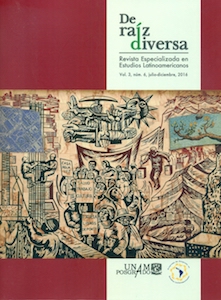The State and Political Centrality in Fausto Reinaga and René Zavaleta Mercado: Two Classic Interpretations of Political Thinking to Understand the Plurinational State of Bolivia
Main Article Content
Abstract
René Zavaleta and Fausto Reinaga, two essential authors who should be studied, reflected on and discussed to understand the difficulties of why the project of the plurinational state has not been established as a consolidated state. This article seeks to recover the debate about the idea of political centrality postulated by Reinaga and Zavaleta to explain the ideological dimension of the dispute between the indigenous movement and the state of Bolivia. The thesis of the native population of “Two Bolivias” that Reinaga uses in his work to describe the colonial trait that persists in Bolivia even after the European colonization of the Andean region continues to be valid to explain the Bolivian case. Moreover, the apparent condition regarding the absence of state material in a complex country like Bolivia, theorized by Zavalete, must be also added to the previous approach.
Downloads
Download data is not yet available.
Article Details
How to Cite
Ávila Rojas, O. (2017). The State and Political Centrality in Fausto Reinaga and René Zavaleta Mercado: Two Classic Interpretations of Political Thinking to Understand the Plurinational State of Bolivia. De Raíz Diversa. Revista Especializada En Estudios Latinoamericanos, 3(6), 187–213. https://doi.org/10.22201/ppela.24487988e.2016.6.58434
Citas en Dimensions Service

De Raíz Diversa por Universidad Nacional Autónoma de México se distribuye bajo una Licencia Creative Commons Atribución-NoComercial-SinDerivadas 4.0 Internacional.
